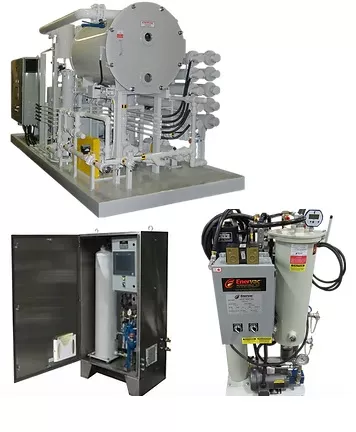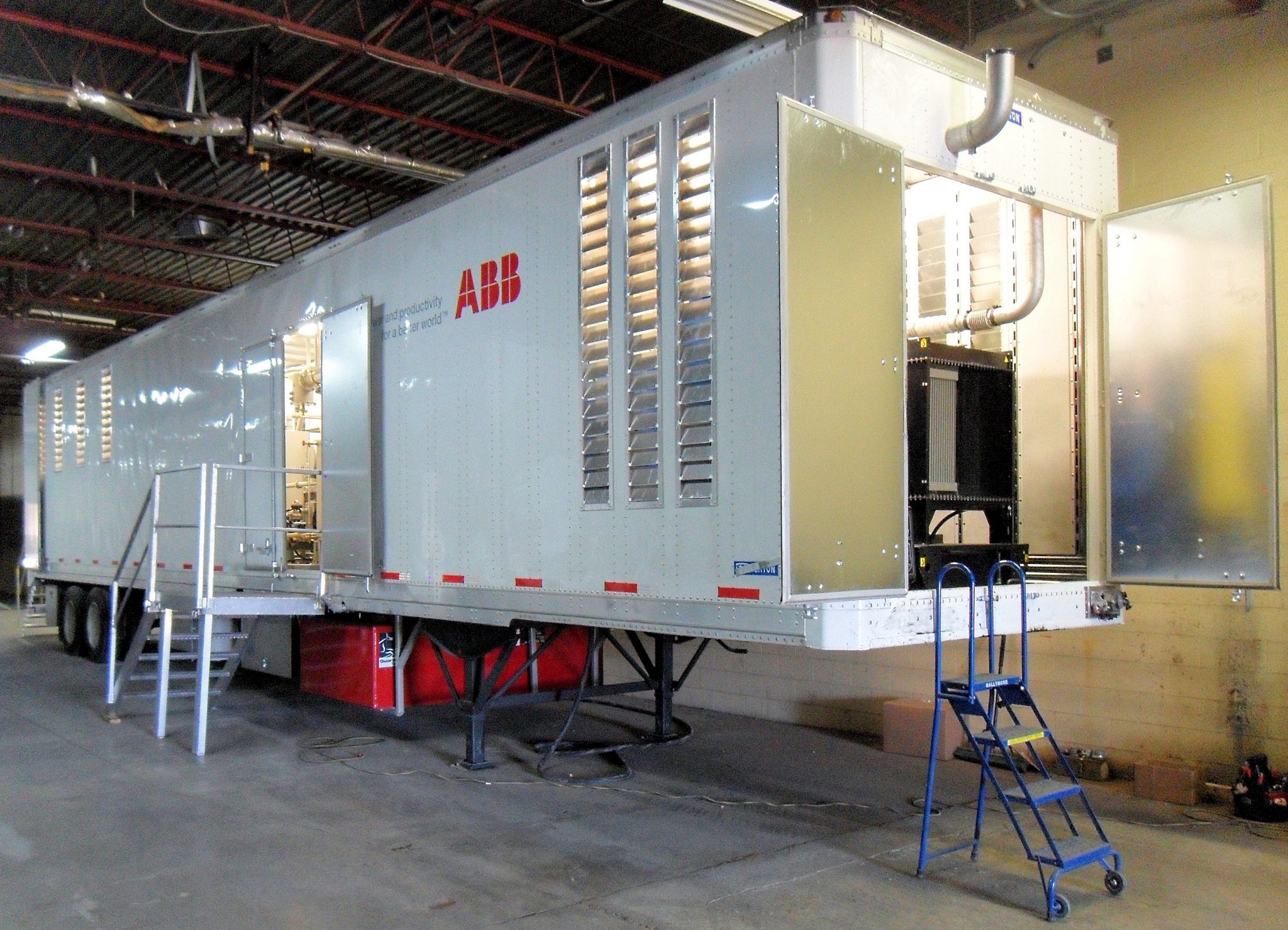Why Reclaimed Transformer Oil Is a Trusted Maintenance Solution
Why Regenerated Transformer Oil Is Essential for Reliable Power Equipments
The crucial function of regenerated transformer oil in ensuring the integrity of power systems can not be overstated. By restoring the oil's inherent chemical and physical residential properties, the regeneration process considerably enhances its dielectric stamina and thermal efficiency.
Importance of Transformer Oil
Transformer oil plays a vital function in the efficient operation of electrical transformers. By supplying thermal conductivity, transformer oil dissipates warm created during electrical procedure, which is vital for preserving optimal operating temperatures and extending the life expectancy of the devices.
Moreover, transformer oil serves as a barrier versus dampness and air, which can bring about oxidation and degradation of transformer materials. The existence of impurities in the oil can significantly hinder its protecting residential or commercial properties, resulting in operational ineffectiveness and possible tools failure. Regular tracking and maintenance of transformer oil are therefore vital to guaranteeing the continued performance of transformers.
The top quality and composition of transformer oil are paramount, as they directly affect the dependability and performance of the electric systems in which they run. Understanding the importance of transformer oil is vital for markets and utilities reliant on robust power framework, emphasizing the need for effective monitoring and regrowth processes to maintain oil stability in time.
Benefits of Regeneration Process

In addition, the regrowth process mitigates the degradation of oil, which can cause increased oxidation and acid formation. This not only enhances the dependability of the oil yet likewise decreases the danger of transformer failures as a result of insulation failure. The improved quality of restored oil allows transformers to run at optimal levels, eventually causing improved power performance and reduced functional costs.
In addition, the regrowth procedure adds to keeping the general health of the power system. Transformers can run longer without the demand for oil substitute, thus lessening downtime and maintenance efforts. In recap, the regeneration process supplies significant advantages by enhancing the long life and performance of transformer oil, ensuring that power systems run accurately and efficiently in time.
Environmental Influence and Sustainability
The regrowth procedure of transformer oil substantially eases environmental issues associated with oil disposal and waste administration. Traditional disposal approaches for utilized transformer oil posture considerable threats, consisting of soil contamination and water air pollution. By regrowing oil, these threats are markedly decreased, as the procedure reuses existing sources rather of contributing to squander buildup.
In addition, regenerated transformer oil can be recycled in numerous applications, which advertises a round economic climate. This not just decreases the requirement for virgin oil removal-- a process that can be environmentally harmful-- yet also saves natural sources. The regrowth process itself employs sophisticated purification like it and filtration techniques that remove dangerous impurities, making certain that the end product goes beyond or meets industry requirements for efficiency and safety and security.

Enhancing Transformer Performance
Considerable improvements in transformer efficiency can be achieved with using regenerated transformer oil. This oil, created through innovative filtration procedures, dramatically boosts the electrical insulation buildings of transformers. By removing pollutants and contaminants that typically jeopardize efficiency, regrowed oil guarantees exceptional dielectric strength, lowering the threat of electric failings.
Additionally, regenerated transformer oil shows boosted thermal conductivity, which facilitates efficient warm dissipation. This particular is important for preserving ideal operating temperatures, consequently lengthening the lifespan of transformers and decreasing the likelihood of overheating - Transformer Oil Regeneration. Improved thermal administration also adds to the general dependability of power systems
Moreover, the chemical security of regrowed oil protects against the development of corrosive acids and sludge, which can adversely impact transformer parts. By keeping a cleaner internal environment, this oil minimizes upkeep requirements and prolongs solution intervals.
Cost-Effectiveness and Efficiency
In regards to cost-effectiveness and effectiveness, restored transformer oil presents a compelling alternative to standard oils. The regeneration procedure not only removes contaminants yet likewise recovers the oil's original properties, extending its functional life-span. This longevity equates right into decreased frequency of oil substitute, thus decreasing functional expenses over time.
Additionally, the use of regenerated oil can significantly decrease energy losses related to ineffective protecting fluids. Its premium dielectric residential or commercial properties guarantee ideal performance, enhancing the dependability of power systems. Consequently, companies profit from reduced maintenance prices and lowered downtime, promoting a much more effective functional environment.

Verdict
To conclude, the regeneration of transformer oil plays a vital visit site role in making sure the integrity and performance of power systems. By bring back the essential chemical and physical residential properties of the oil, this procedure boosts dielectric toughness and thermal conductivity, inevitably minimizing the risk of insulation malfunction. In addition, the ecological benefits associated with recycling resources add to sustainability initiatives, while cost-effectiveness and boosted efficiency highlight the necessity of utilizing regenerated transformer oil in contemporary electrical framework.
Transformer oil plays a vital duty in the efficient procedure of electrical transformers. Routine tracking and maintenance of transformer oil are consequently vital to making certain the continued performance of transformers.
The regeneration process of transformer oil considerably relieves ecological worries linked with oil disposal and waste management. By lengthening the lifecycle of transformer oil, the power and resources commonly eaten in producing brand-new oil are dramatically lowered.Substantial enhancements in transformer efficiency can be achieved with the usage of regenerated transformer oil.